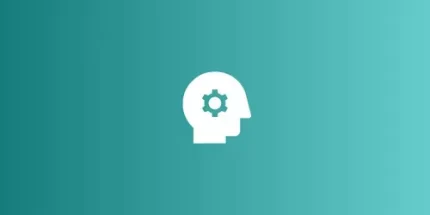Sample Response
As a developmental psychologist, understanding the potential benefits of video games for children with learning disabilities is essential for maximizing their impact. Video games can offer personalized and interactive learning experiences, catering to individual needs and abilities. For example, games designed to teach math or reading skills can provide adaptive challenges and instant feedback, helping children with learning disabilities practice and reinforce their skills in a supportive environment.
Video games can also improve social and emotional skills in children with learning disabilities. Multiplayer games can offer opportunities for cooperative play, where children learn teamwork and communication skills. Additionally, therapeutic games that address specific challenges, such as social anxiety or frustration, can help children develop coping strategies and improve their emotional well-being.
To maximize the benefits of video games for children with learning disabilities, parents and educators should focus on selecting games that align with educational goals and individual needs. Games that provide adaptive challenges and allow children to progress at their own pace can enhance learning and boost confidence. Additionally, integrating video games into the classroom or therapy sessions can create engaging and effective learning experiences.
Collaboration between game developers, educators, and therapists can further enhance the benefits of video games for children with learning disabilities. Developers can create games tailored to specific learning needs, while educators and therapists can provide feedback on game design and implementation. This collaborative approach ensures that video games effectively support children with learning disabilities and contribute to their overall development.













